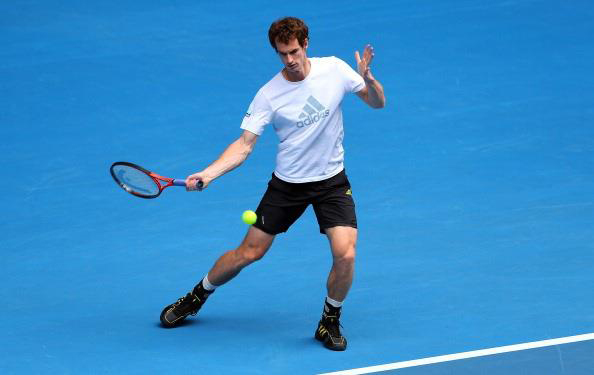
Three major finals. Three major losses.
The script for Scottish tennis player Andy Murray’s first three Grand Slam finals spelled failure. The 2008 U.S. Open and the 2010 Australian Open final were one-sided affairs in which Murray lost to current world No. 2, Roger Federer, both in straight sets. In Flushing Meadows, N.Y., Murray did not maintain his usual serve and missed every first serve in the last set, as Federer broke him an incredible seven times.
Murray’s third Grand Slam final, the 2011 Australian Open, was arguably even more lopsided than his two earlier losses to Federer. Murray fell once again in straight sets, but this time he was defeated by Novak Djokovic.
It looked as if, for the time being, Great Britain’s 76-year Grand Slam drought would persist. But Murray recently altered his repertoire in a way that will change the rest of his career. This change, of course, involved hiring the Czech tennis legend and eight-time Grand Slam champion, Ivan Lendl.
Lendl’s calming aura and aggressive mindset were exactly what the emotionally imbalanced and consistently passive Murray needed. As a player known for outwardly displaying his emotions, Murray’s irritable nature was a hindrance to his development as a player. In addition, Murray’s tendency to favor defense over offense prevented him from truly establishing any traction in the Grand Slam finals.
With Lendl at the helm, Murray was able to reach his first Wimbledon final — much to the delight of his home country. The famed Henman Hill that paid tribute to British great Tim Henman was respectfully renamed Mount Murray by fans while they rejoiced in his great run at the All England Club, which was the best result for a British player in he past 11 years. During the finals, Murray captured the opening set against Federer and almost took a two-sets-to-love lead before submitting in four sets to a superb performance from the Maestro.
Murray eventually used the momentum from his improved Grand Slam final performance and Lendl’s tutelage to his advantage, taking down his previous Grand Slam finals conquerors. Murray defeated Federer at the Olympics in a three-set thrashing to claim the gold less than a month after his 2012 Wimbledon defeat. He also took down Djokovic in a five-set nail biter at the U.S. Open.
Murray has continued to use the positive momentum that he established in 2012 to reach the 2013 Australian Open final, beating Federer for the first time in a Grand Slam match. Sadly, his momentum ran out before the finals. Murray lost to Djokovic in a lackluster match.
But Murray’s career has undoubtedly taken a turn in the right direction, and without the guidance of Ivan Lendl, there is a chance that his first major would have never happened. He may have never become the U.K.’s tennis champion.
A version of this article appeared in the Tuesday, Feb. 12 print edition. Nicholas Nemeroff is a contributing writer. Email him at [email protected].






















































































































































